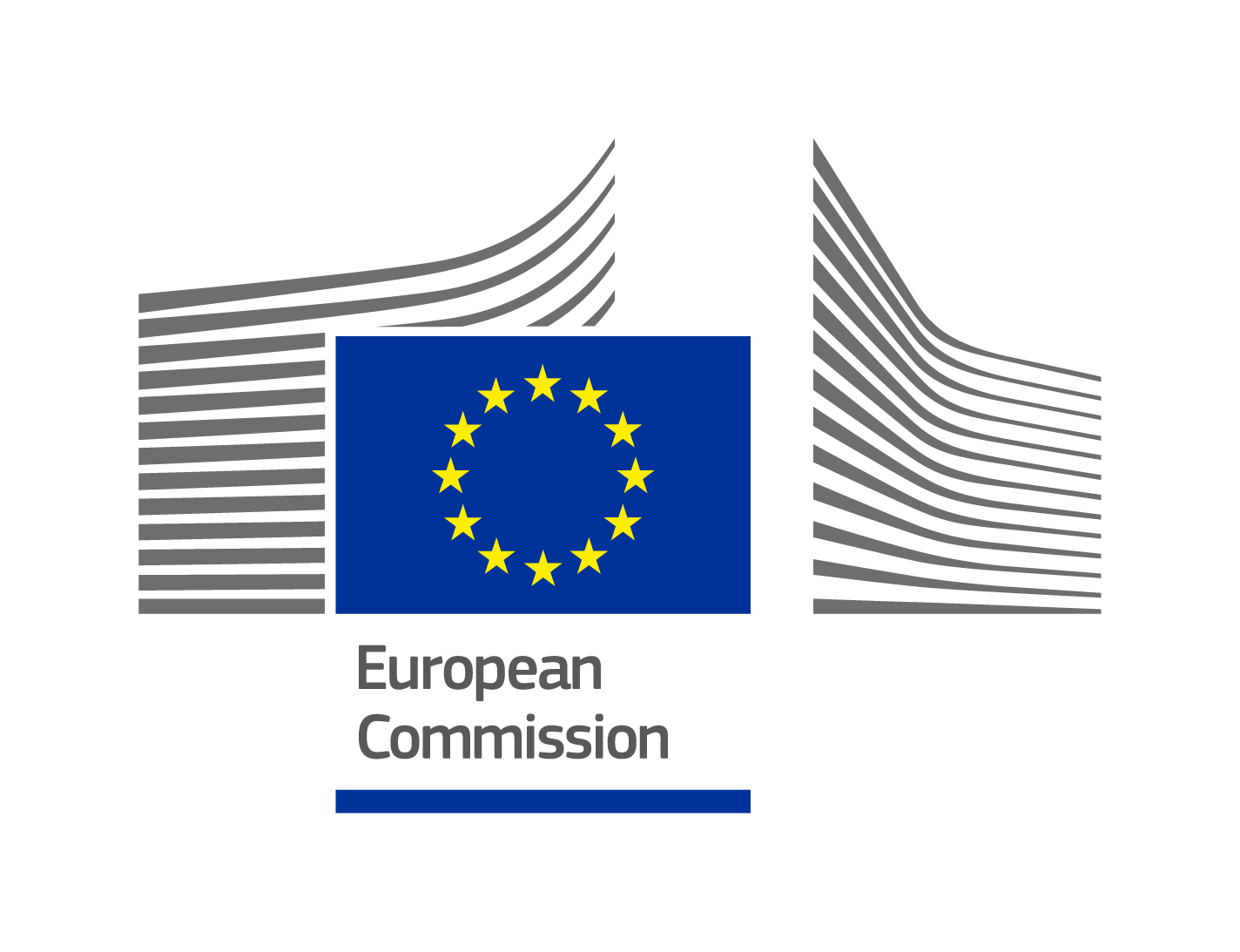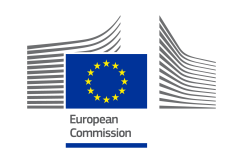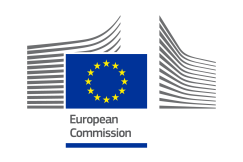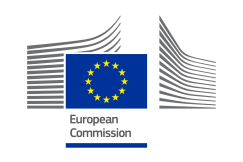Policies
01 April 2025
Clean industrial deal
Policies
01 April 2025
1. Healthy, balanced and sustainable diets for all European consumers
2. Prevention and reduction of food loss and waste
3. A climate - neutral food chain in Europe by 2050
+4 more
Login / create an account to be able to react
-
13

Faced with high energy costs and fierce global competition, European industries need urgent support. The Clean Industrial Deal outlines concrete actions to turn decarbonisation into a driver of growth for European industries. This includes lowering energy prices, creating quality jobs and the right conditions for companies to thrive.
Editorial team
European Commission - DG GROW
Topics
EU-27
EU Institutions
-
CoC aspirational objectives
-
-
1. Healthy, balanced and sustainable diets for all European consumers
-
2. Prevention and reduction of food loss and waste
-
3. A climate - neutral food chain in Europe by 2050
-
4. An optimised circular and resource-efficient food chain in Europe
-
5. Sustained, inclusive and sustainable economic growth, employment and decent work for all
-
6. Sustainable value creation in the European food supply chain through partnership
-
7. Sustainable sourcing in food supply chains
-
Share
The Deal was launched in February 2025 and presents measures to boost every stage of production, with a focus on:
- energy-intensive industries such as steel, metals, and chemicals, that urgently need support to decarbonise, switch to clean energy, and tackle high costs, unfair global competition, and complex regulations
- the clean-tech sector which is at the heart of future competitiveness and necessary for industrial transformation, circularity, and decarbonisation.
Another element of the Deal is circularity which aims to reduce waste and extend the life of materials by promoting recycling, reuse, and sustainable production. Maximising EU’s limited resources and reducing overdependencies on third-country suppliers for raw materials is crucial for a competitive and resilient market.
Although the food industry is not specifically mentioned in the Deal, it is clearly considered under energy-intensive industries, and dependent on many outputs of related industries.
Main elements of the Clean Industrial Deal are:
Affordable energy (Affordable Energy Action Plan)
Boosting demand for clean products
Financing the clean transition
Circularity and access to materials
Acting on a global scale
Skills and quality jobs
Related legislation:
Communication COM/2025/85: The Clean Industrial Deal: A joint roadmap for competitiveness and decarbonisation
Comments (0)
See also
-
5
Trade policy
- Categories
- 2. Prevention and reduction of food loss and waste 3. A climate - neutral food chain in Europe by 2050 4. An optimised circular and resource-efficient food chain in Europe +3 more
-
7
EU Social Dialogue
- Categories
- 2. Prevention and reduction of food loss and waste 3. A climate - neutral food chain in Europe by 2050 4. An optimised circular and resource-efficient food chain in Europe +3 more
-
7
Digital Decade Policy programme 2030
- Categories
- 2. Prevention and reduction of food loss and waste 3. A climate - neutral food chain in Europe by 2050 4. An optimised circular and resource-efficient food chain in Europe +3 more




